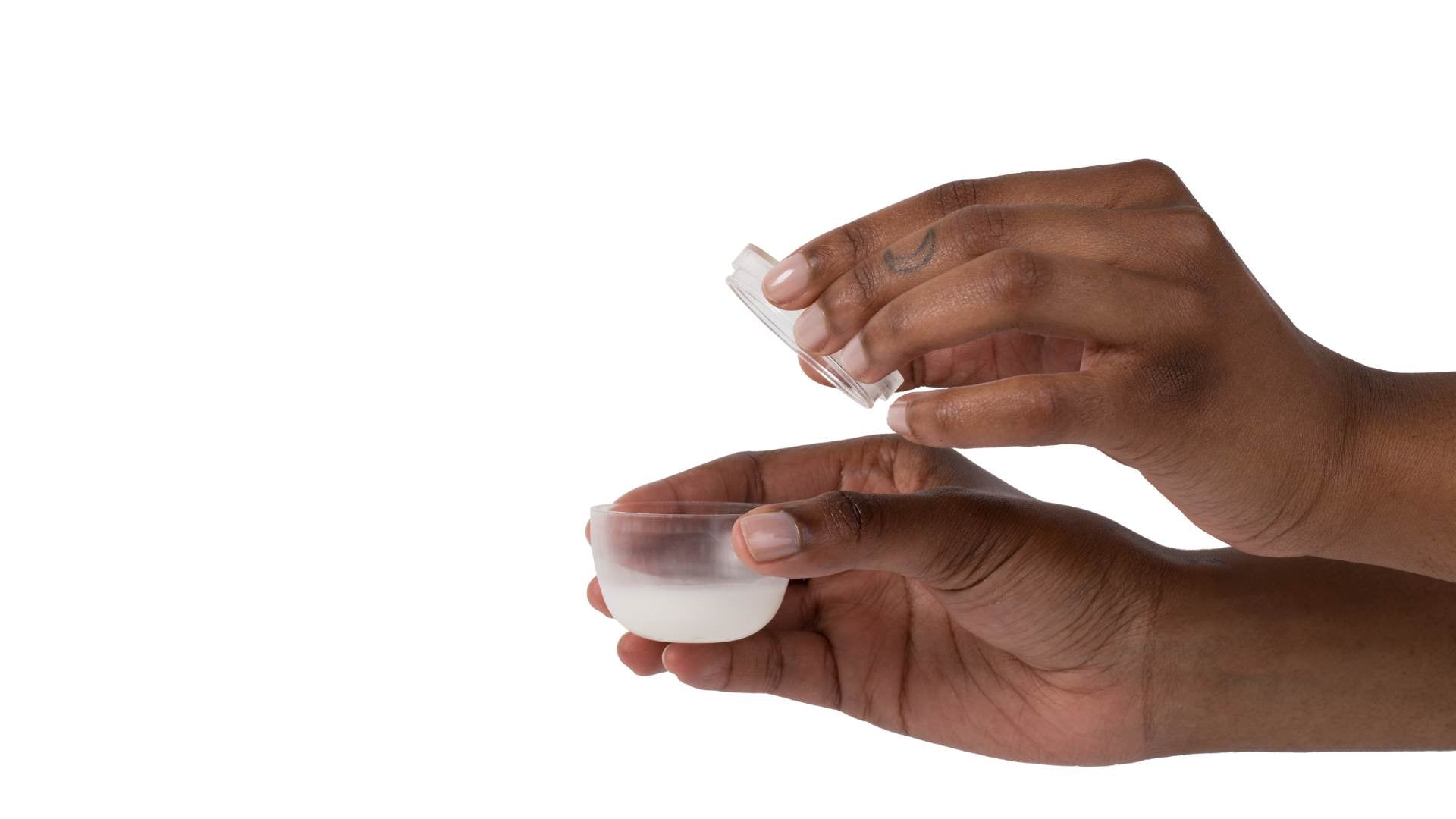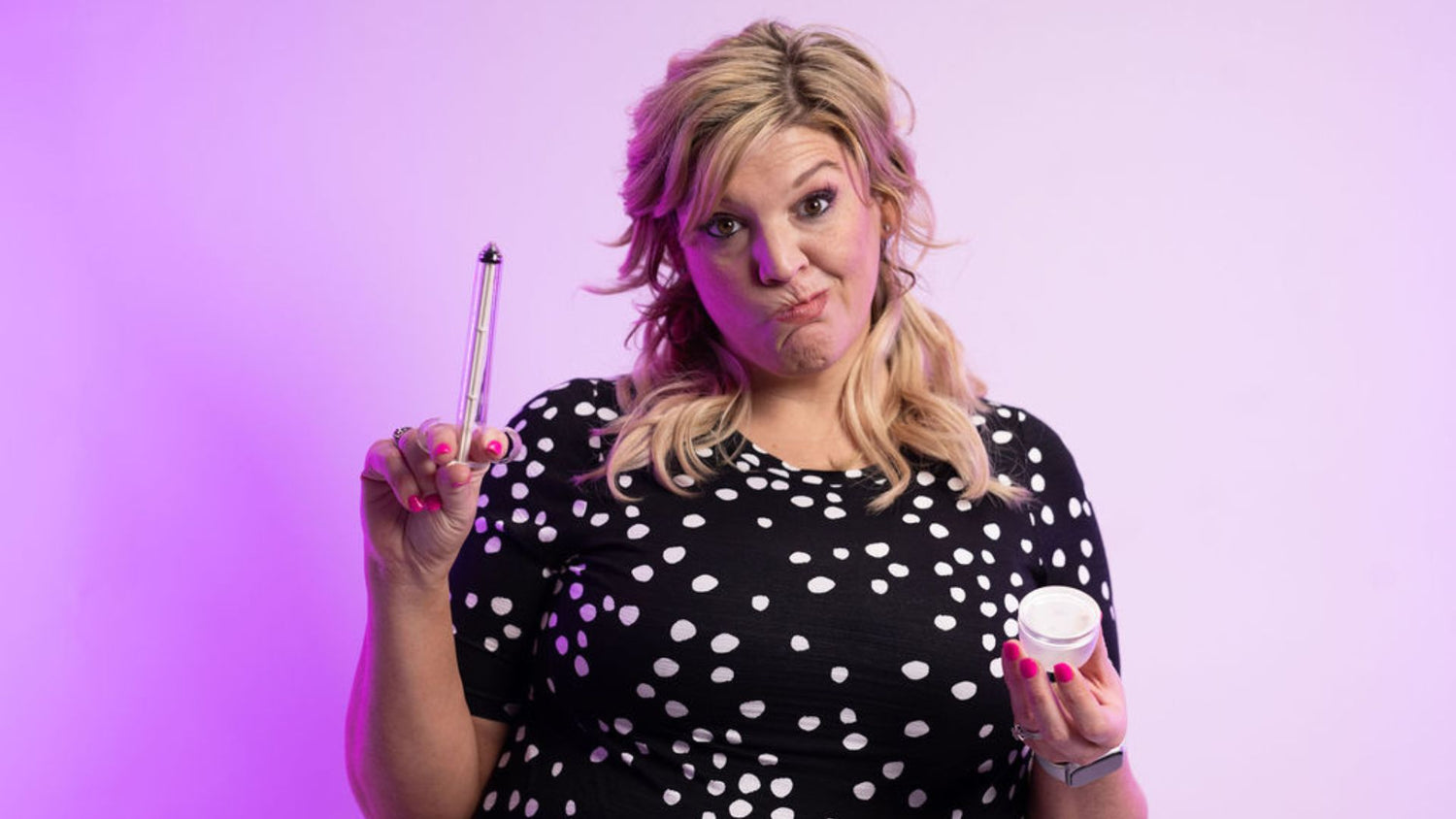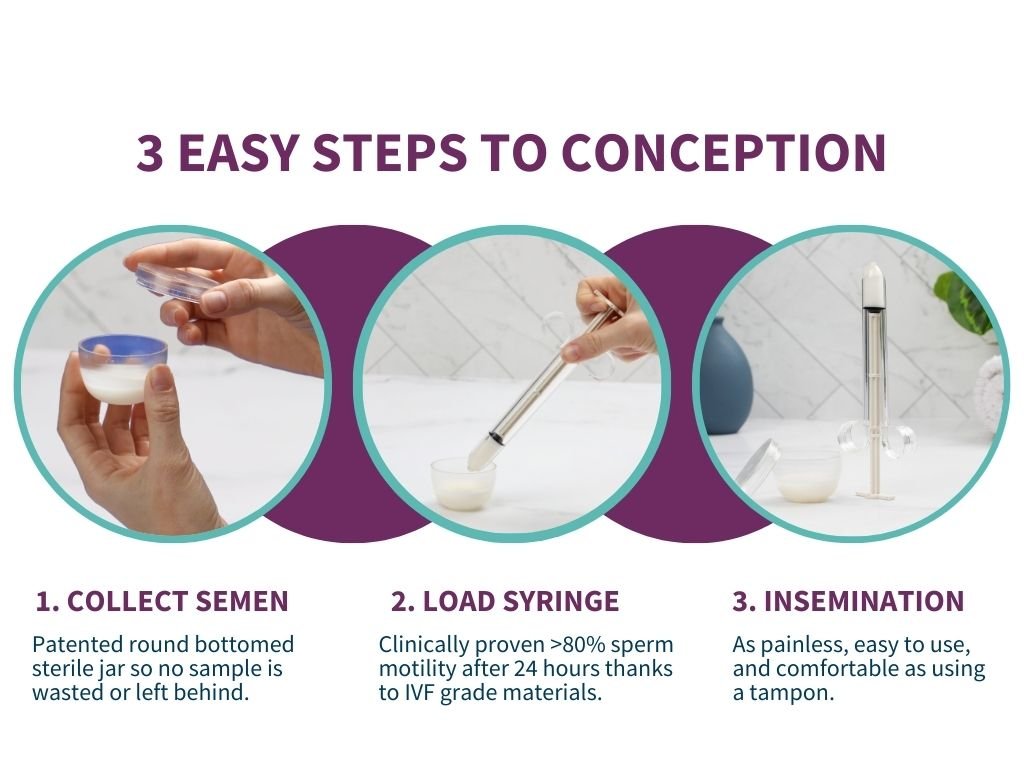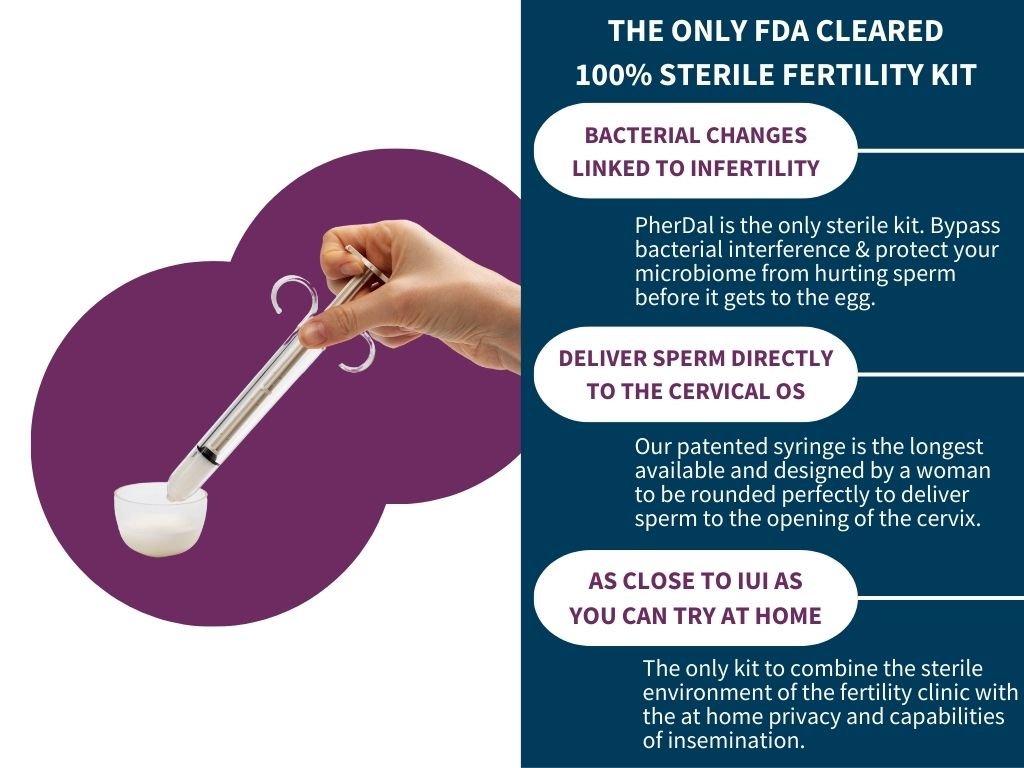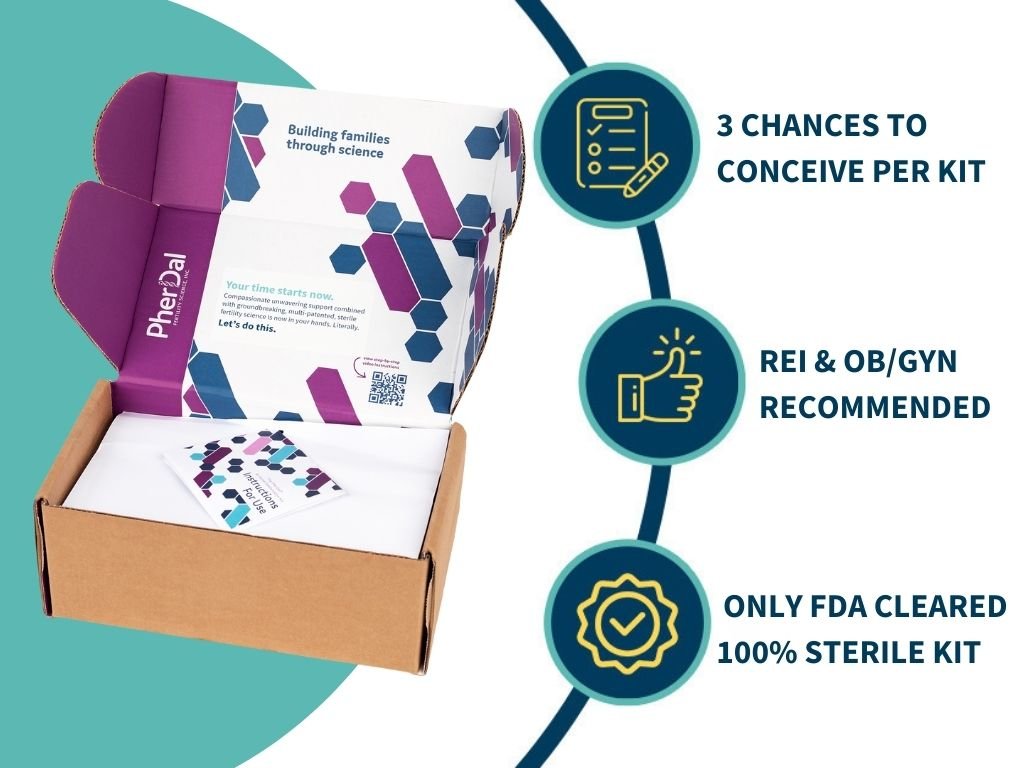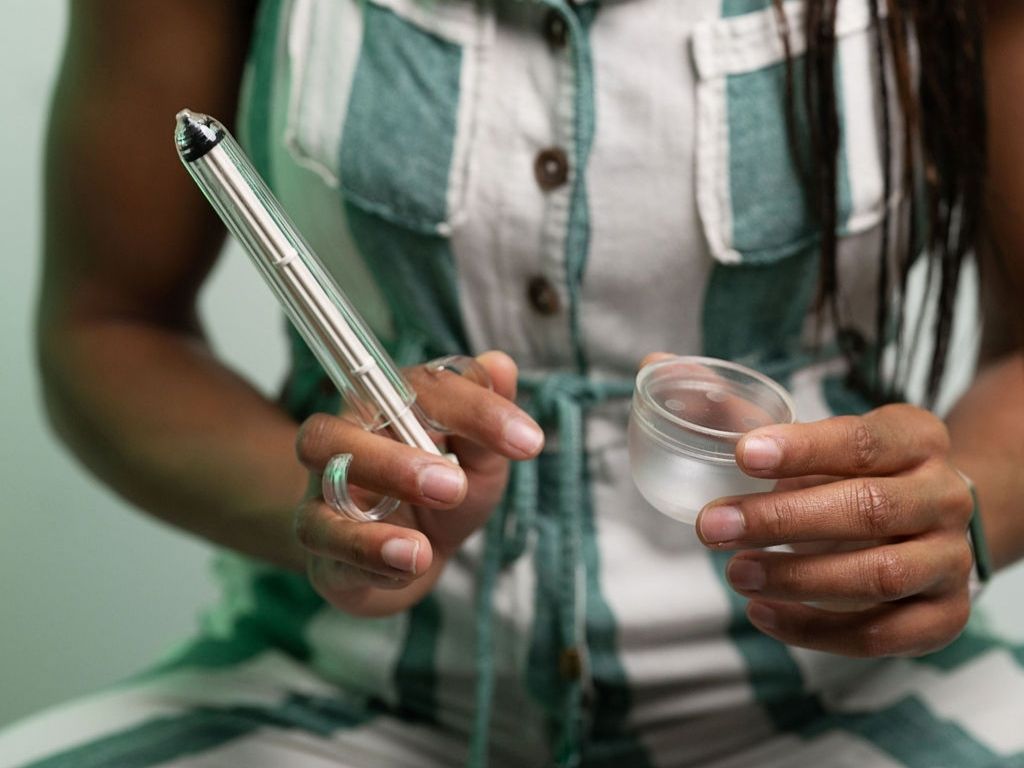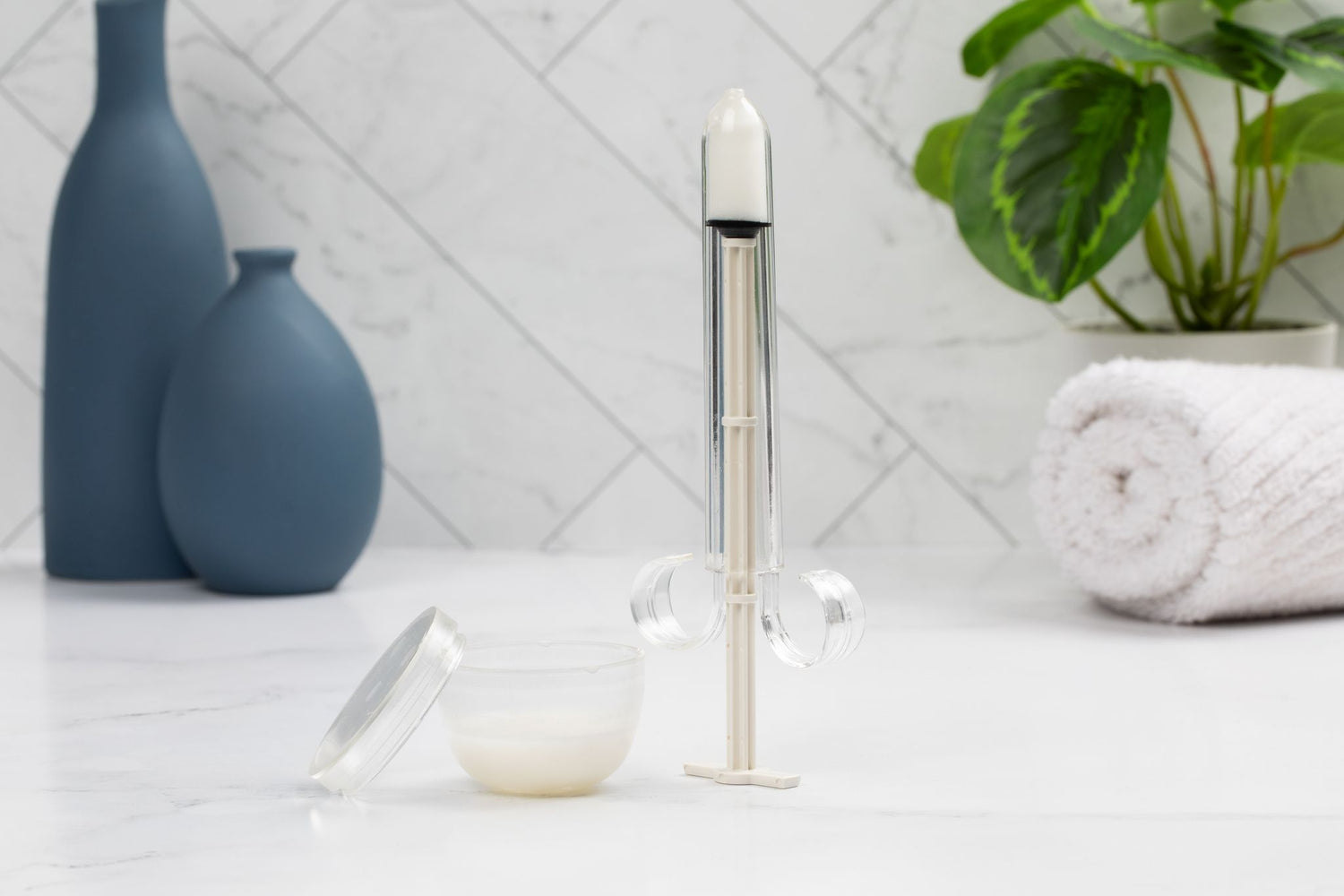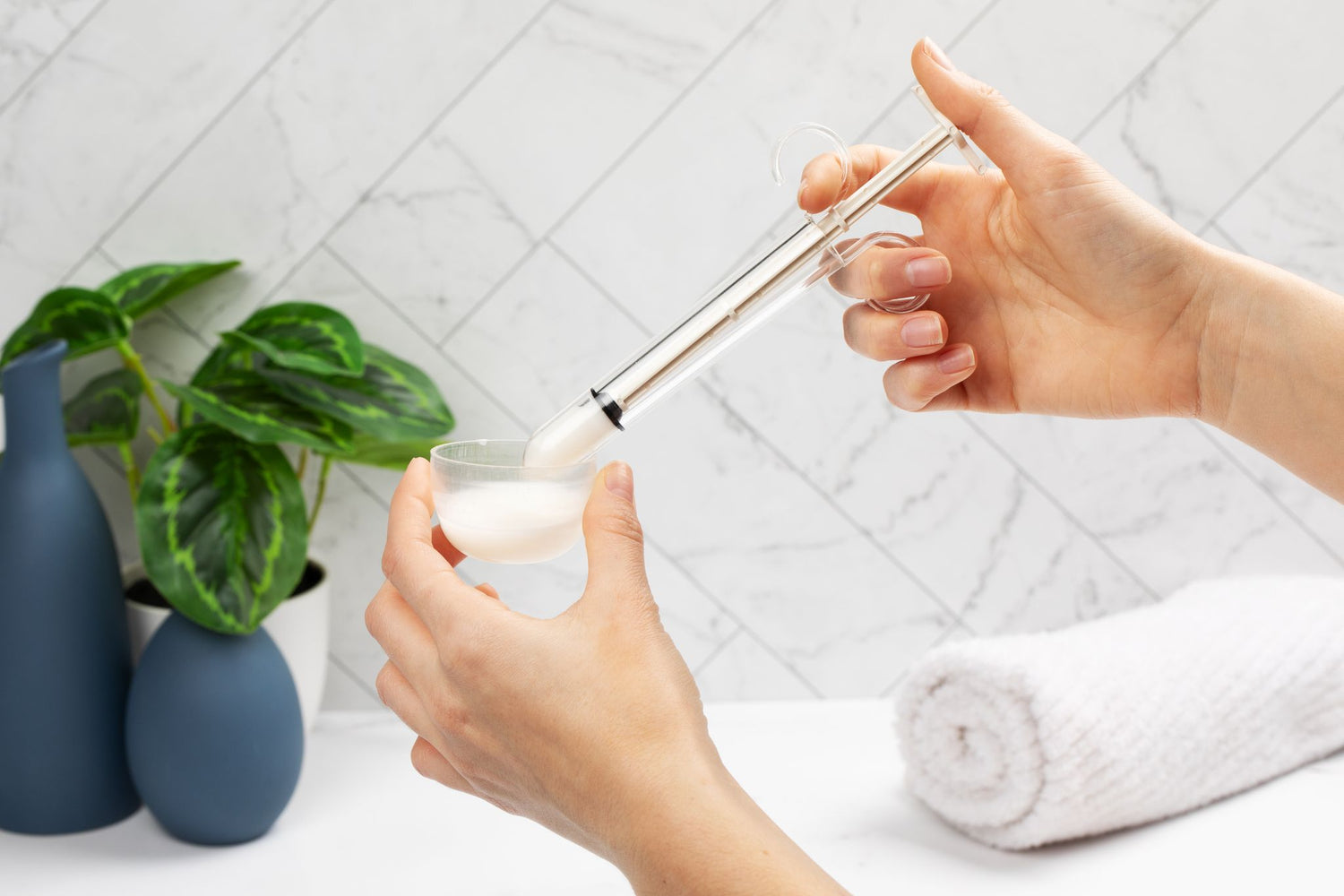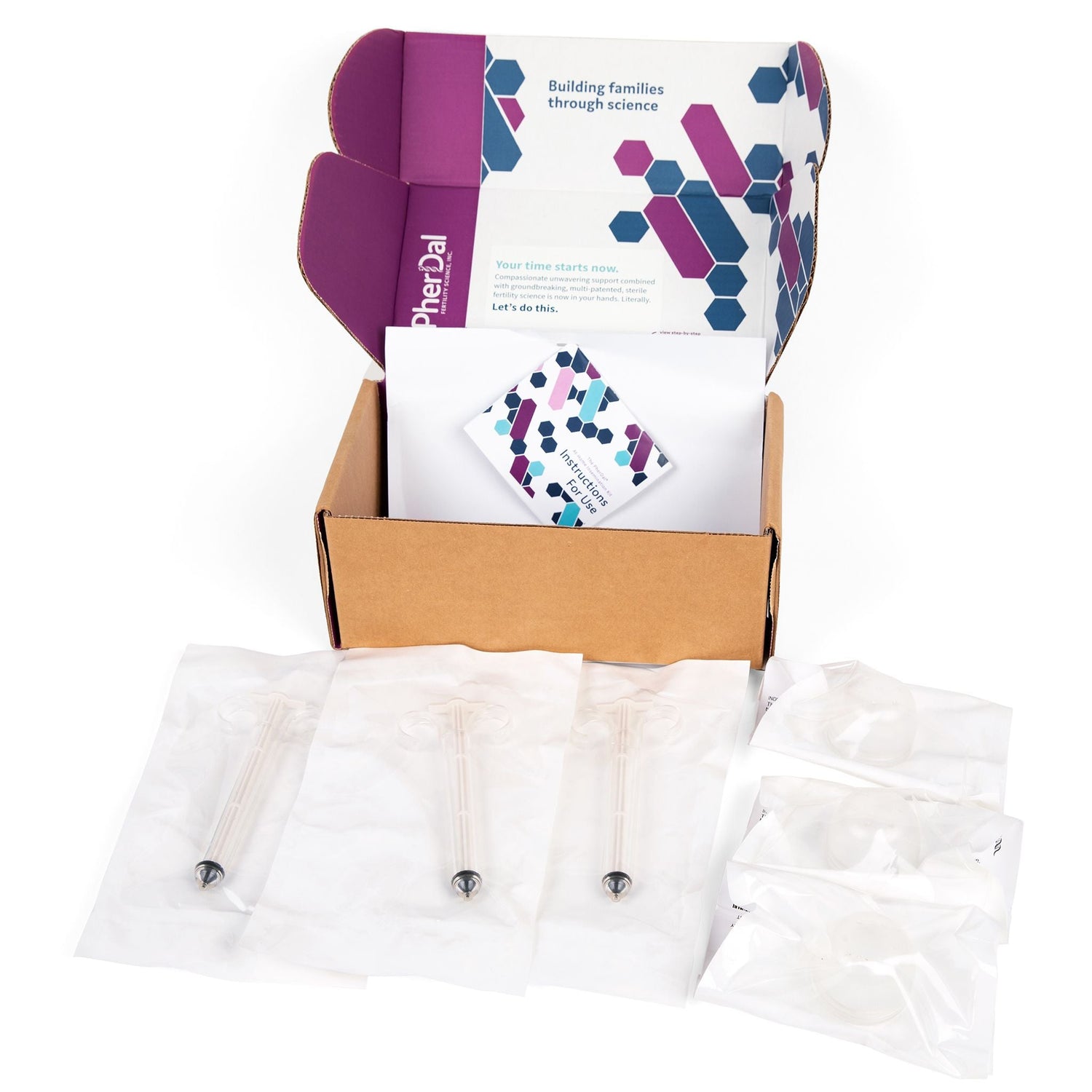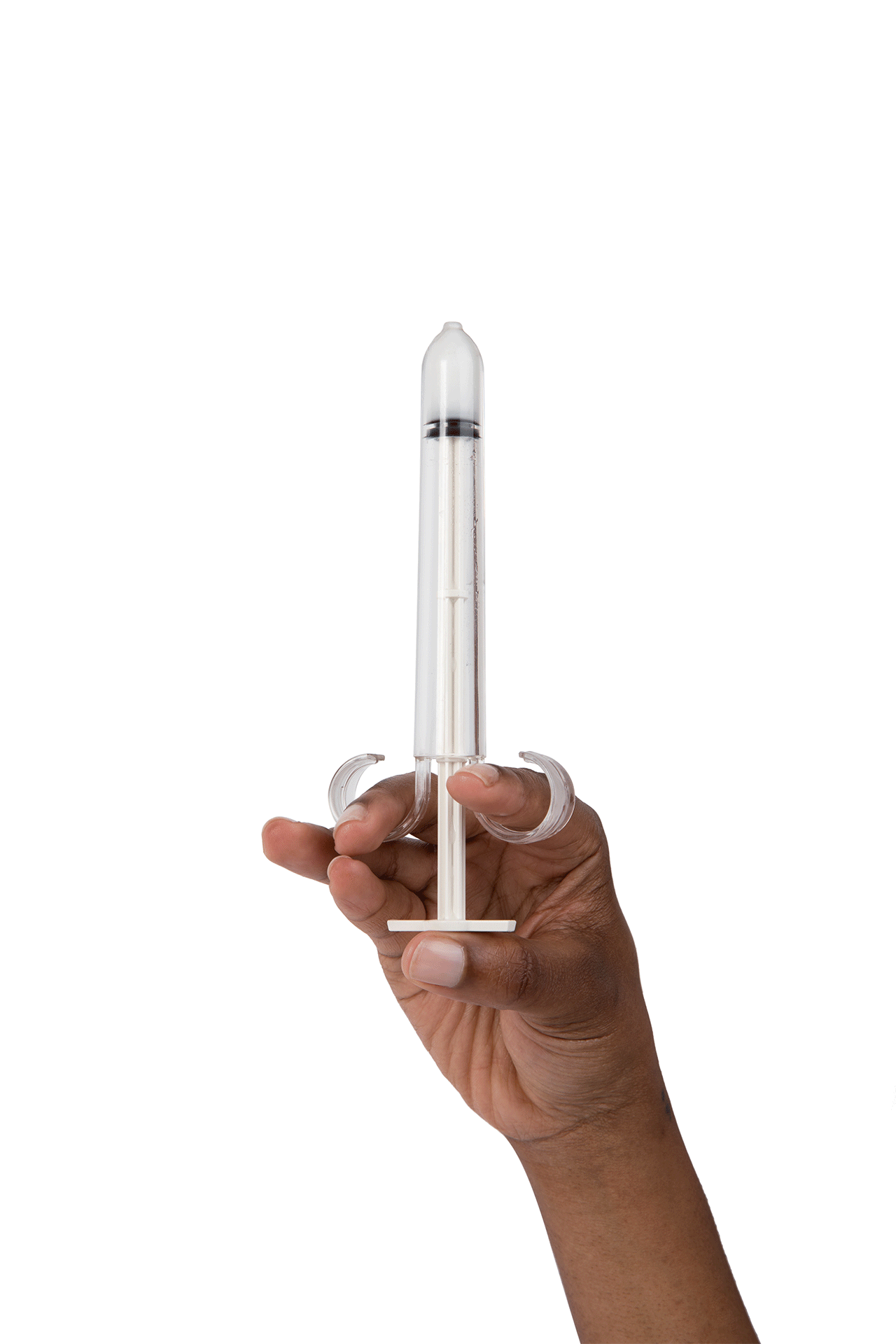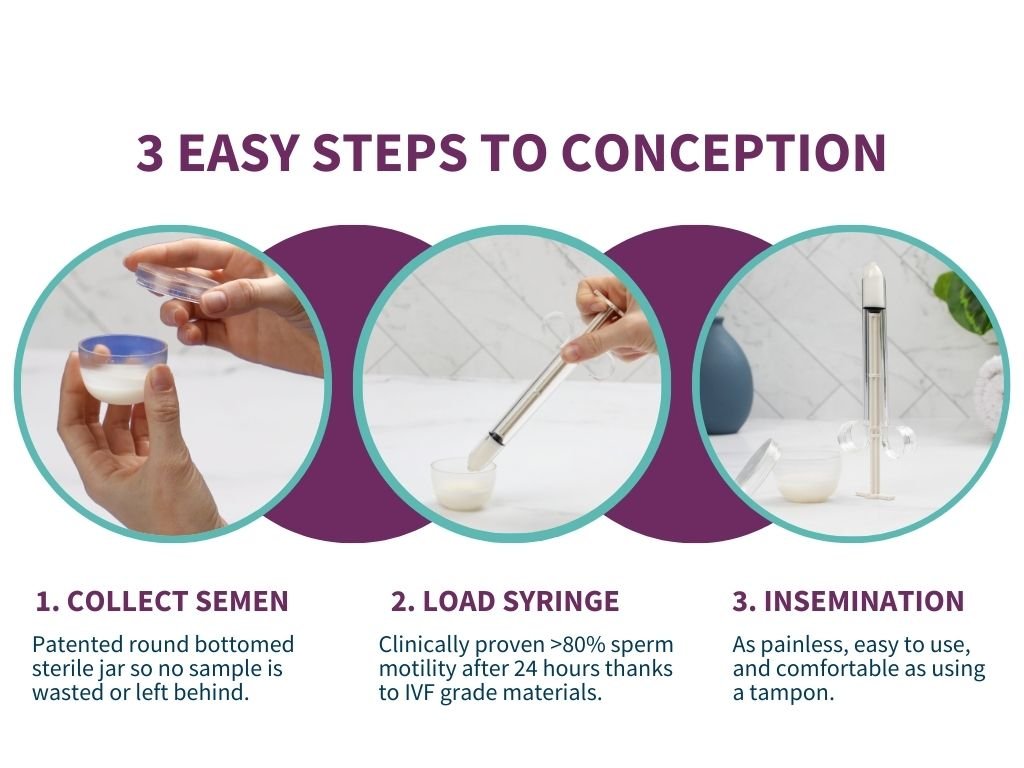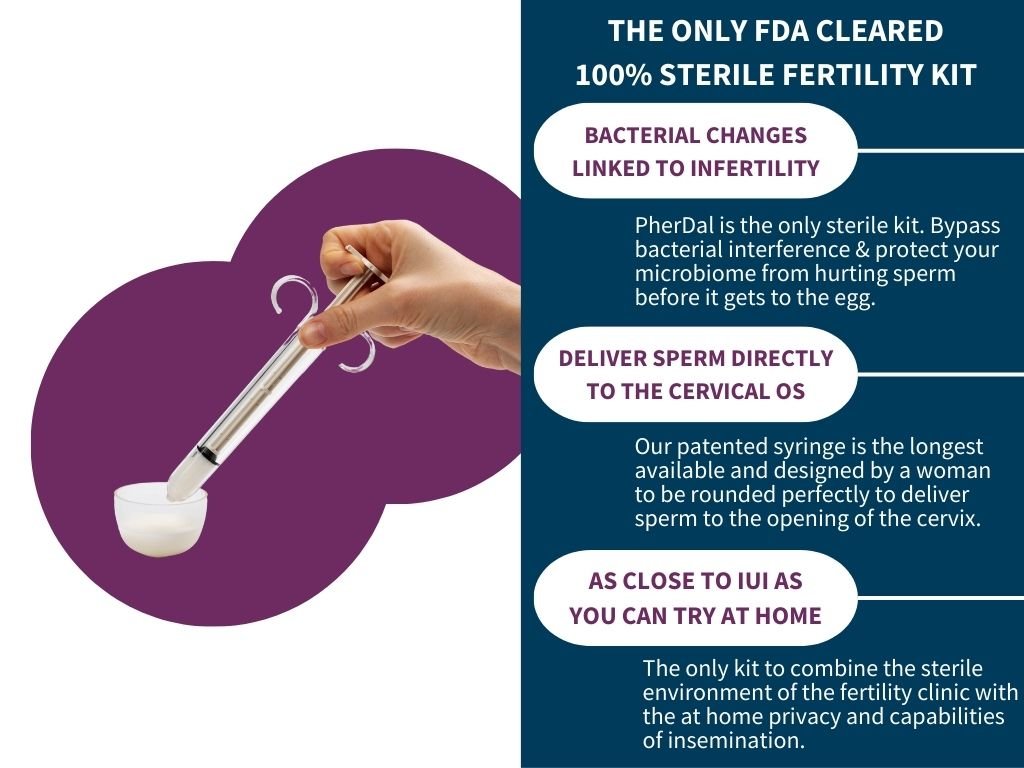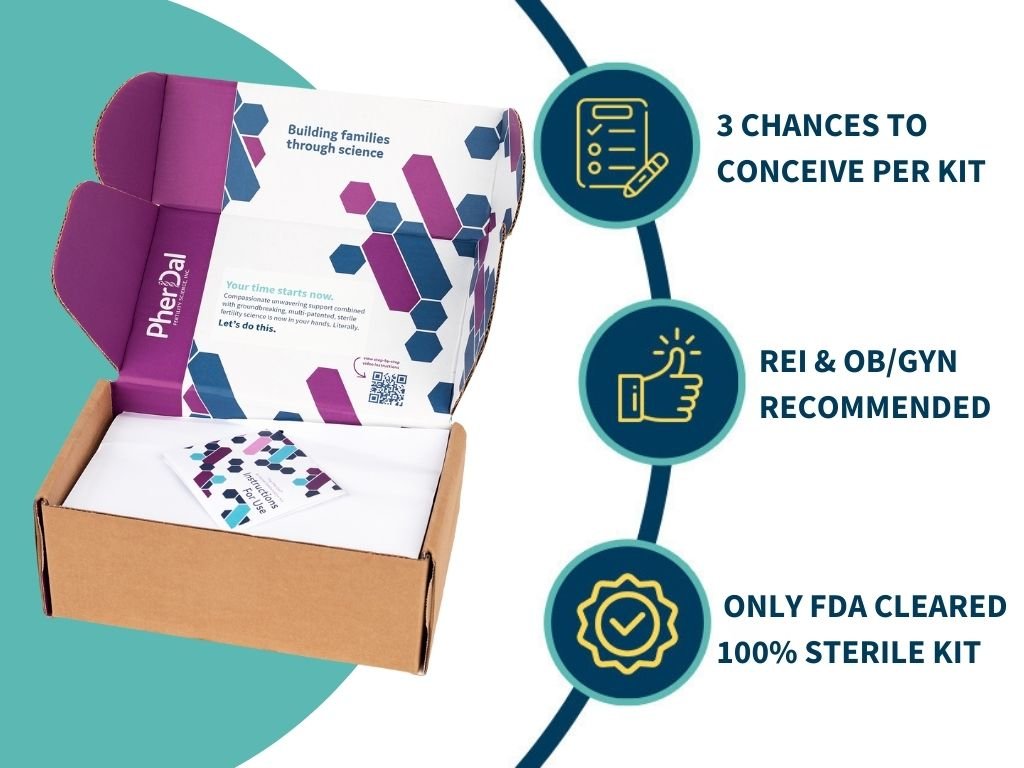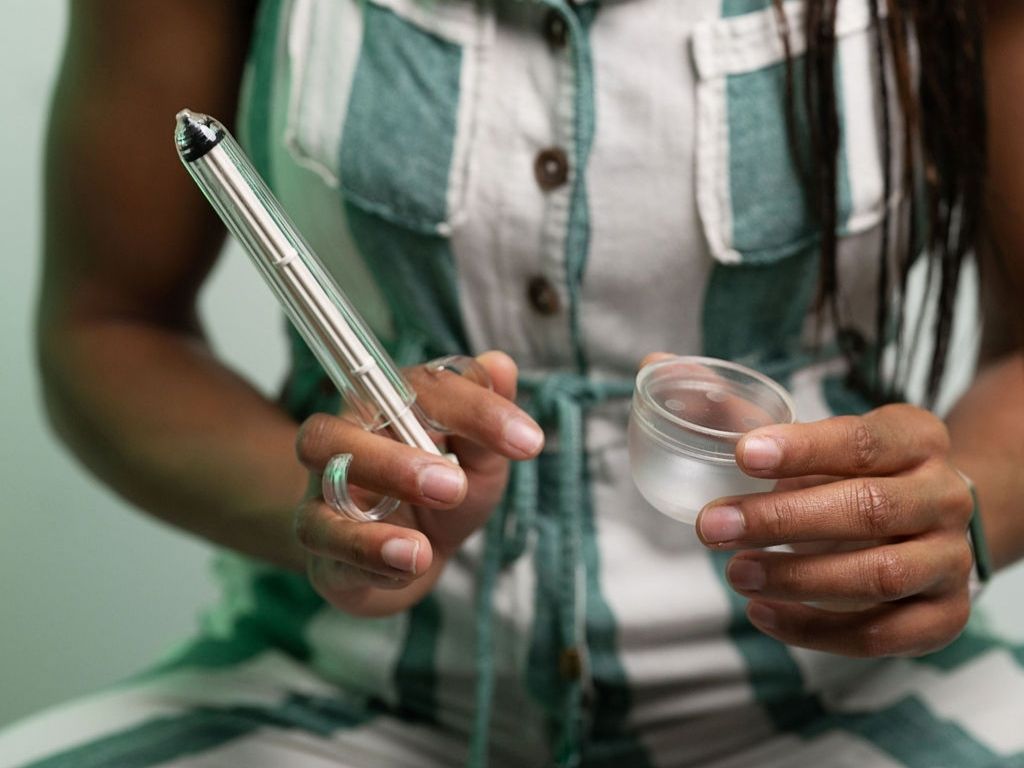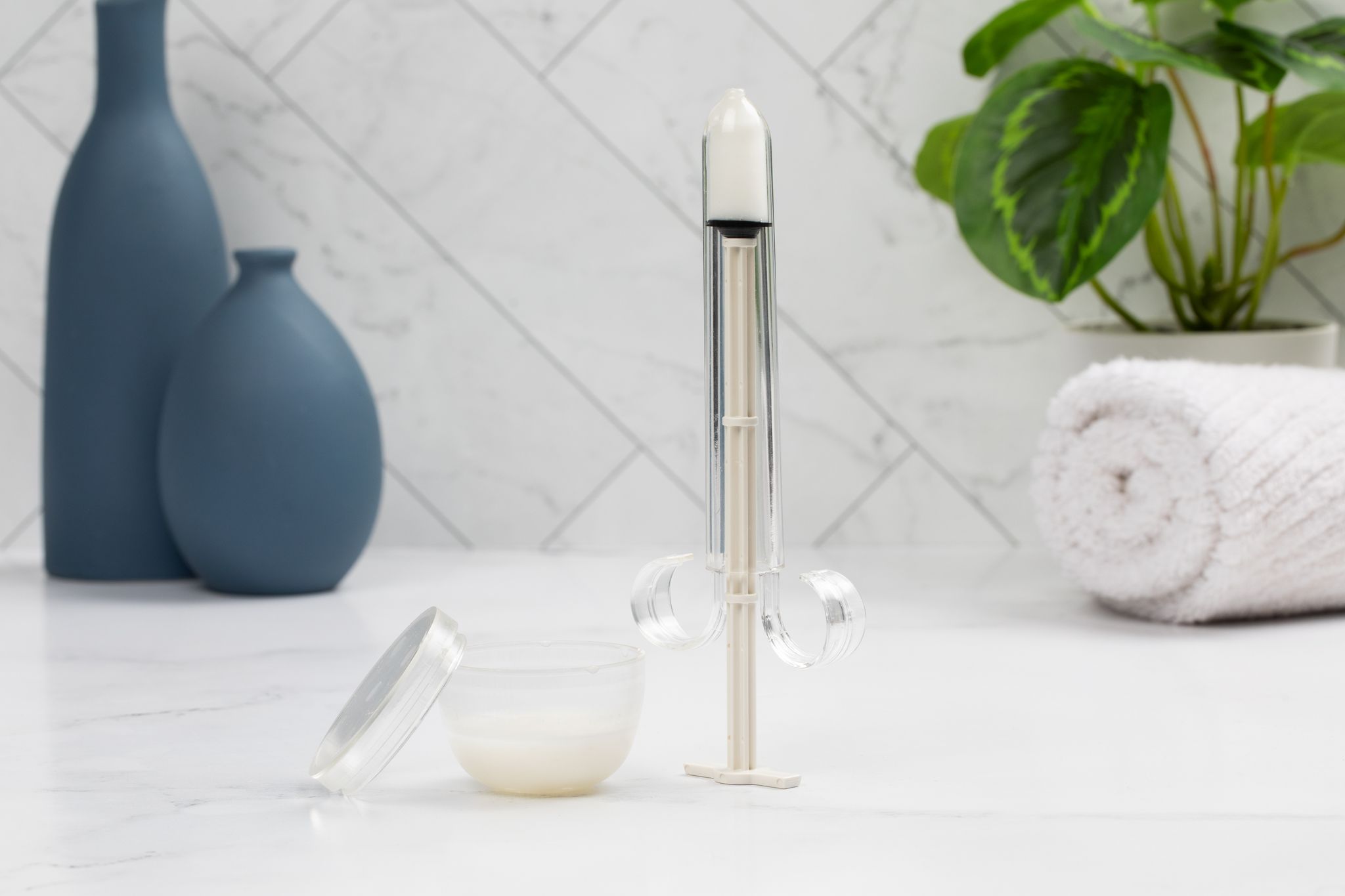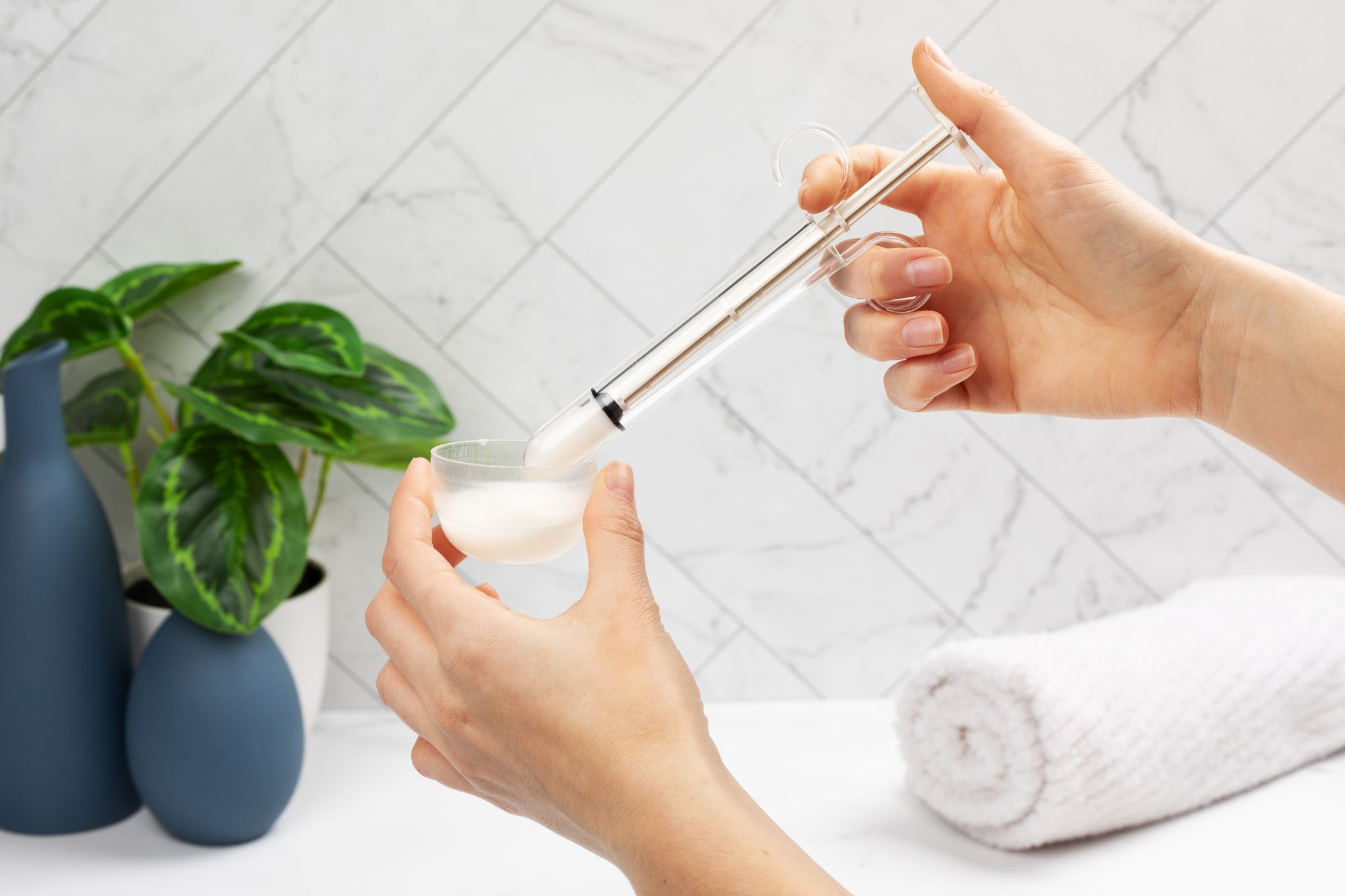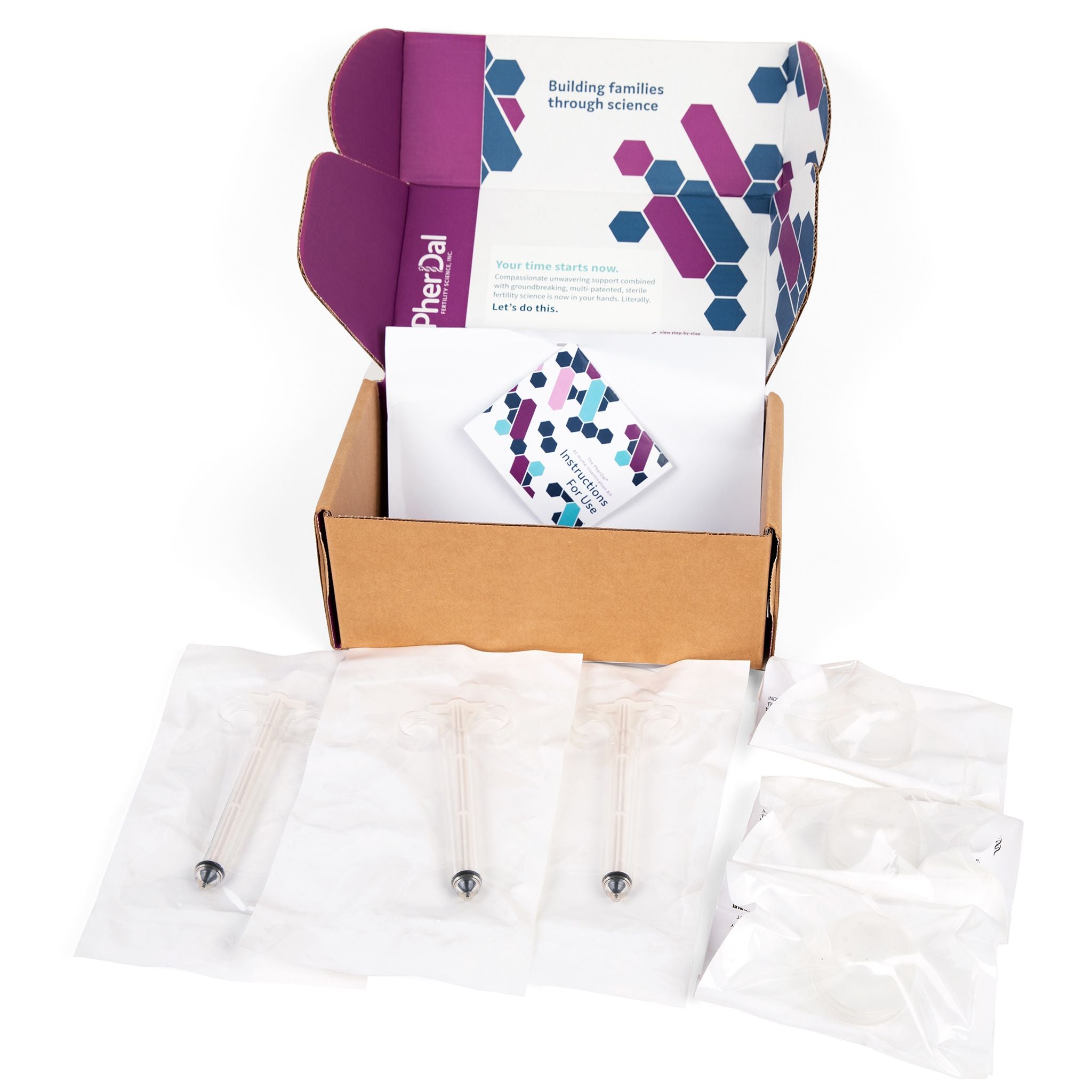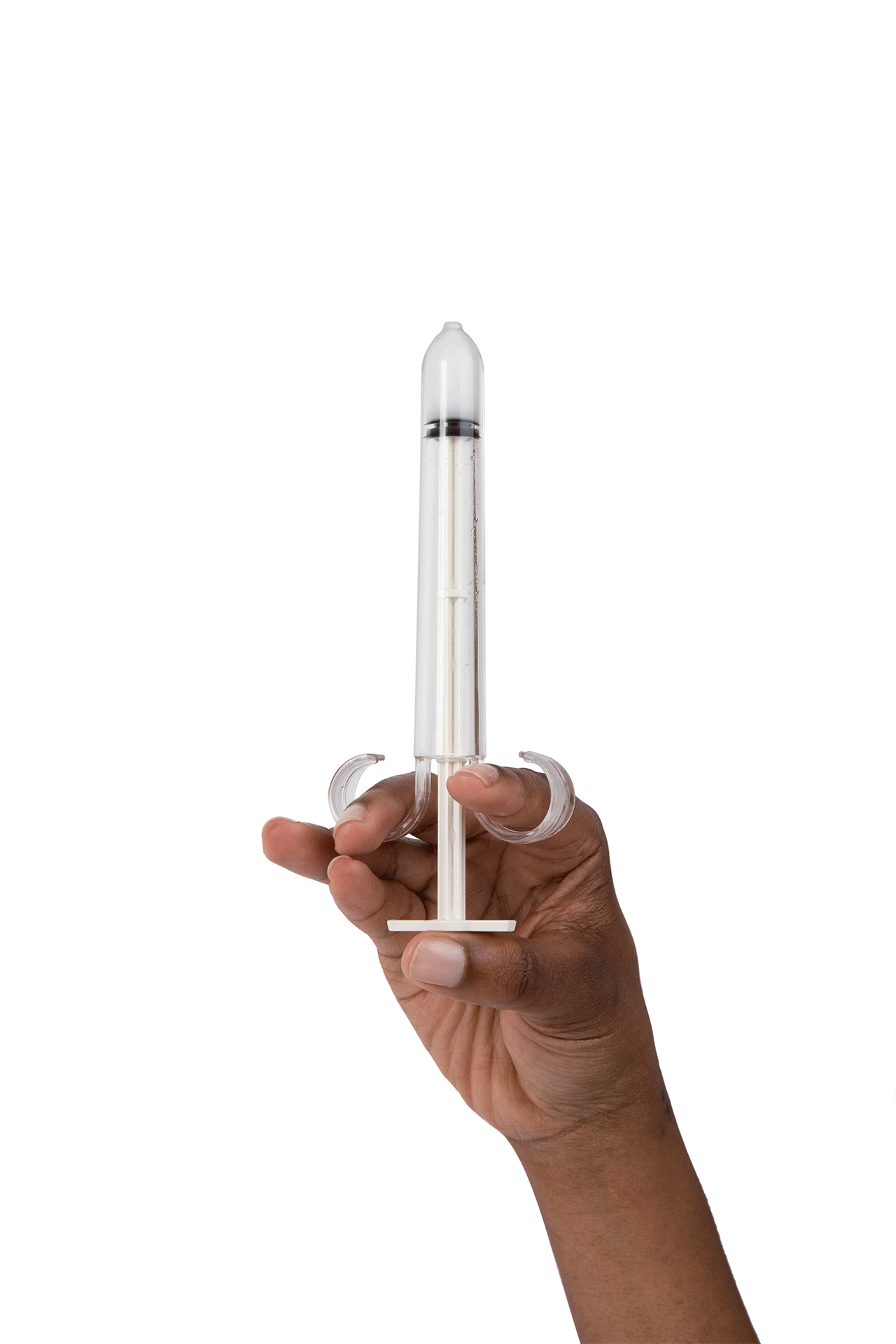You’ve got a gorgeous kiddo that fills your heart with joy and unconditional love…and you decide it’s time to give them a sibling. Your first pregnancy came easily, so you expect to see that positive pregnancy test within a few months, right?
Unfortunately, that’s not always the way it works. Many women find getting pregnant with baby number two…or three to be challenging, and it can come as a shock if they previously conceived without difficulty the first time.
This experience of secondary infertility can come with unique and complex emotions that often lead to women suffering in silence.
But you are not alone, and we’re going to break it down for you here.
What Is Secondary Infertility?
Secondary infertility is a diagnosis that is given when you are struggling to conceive after previously having a successful pregnancy. To receive a diagnosis of secondary infertility, your prior pregnancy must have been conceived without the use of fertility medications or treatments.
Close to 12% of women with one child will have difficulty getting pregnant again.
Many factors can contribute to the diagnosis, and while women often blame themselves (it can’t be the man, right?), it’s important to know that male infertility can play a role.
So, investigating a couple holistically is vital in getting a timely diagnosis and access to treatment.
Possible Causes of Secondary Infertility in Women
There are several possible causes of secondary infertility in women. But lifestyle, ovulation problems, structural changes, and certain medical conditions are the most common contributing factors.
Egg Quality and Quantity
I’m sure you’ve heard the saying, “your biological clock is ticking,” …, yes?
If you’re trying to conceive—you are already acutely aware of this! So, comments of this nature can be upsetting and just add to the emotional burden. Try not to let them rattle you, as the people who say these things likely don’t know a single thing about your reproductive health.
This somewhat insensitive saying is based on the fact that a woman is born with all the eggs she will ever have, and with age, the quantity and quality of her eggs will diminish.
However, age is not the only contributing factor to egg quality and quantity. Autoimmune and other medical conditions can also impact egg production, as can certain medications.
Endometriosis
Endometriosis is a condition where tissue similar to the lining of your uterus (endometrium) is found elsewhere in the body. Endometriosis may grow on the ovaries, bladder, fallopian tubes, and bowel causing pain and scar tissue known as adhesions.
The condition can impact fertility by causing inflammation, structural changes, poor egg quality, and impaired implantation.
Endometriosis can develop after a cesarean section or other uterine surgery when uterine endometrium cells can be misplaced.
Polycystic Ovary Syndrome
Polycystic ovary syndrome (PCOS) can cause irregularities in ovulation due to hormonal imbalances. The condition is associated with an increase in male hormones (androgens) that may disrupt the successful release of the egg from the ovary.
PCOS can be diagnosed at any age after puberty, and you can conceive naturally. Many women may have had the condition at the time of their first pregnancy but are only diagnosed when they struggle with conception and are dealing with secondary infertility.
Structural Changes
Structural changes to your reproductive organs can impact fertility. For example, blockages in the fallopian tubes caused by endometriosis may prevent the sperm from reaching the egg.
The uterus may also develop structural abnormalities that impact implantation, such as uterine fibroids or scarring from surgical procedures. For instance, cesarean deliveries may cause scarring in the uterus, known as isthmocele, that results in inflammation and problems with implantation.
Possible Causes of Secondary Infertility in Men
Men are just as susceptible as women when it comes to changes in reproductive health. Age, hormonal imbalances, lifestyle factors, and medical conditions can all contribute to secondary infertility in men.
Reduced Testosterone
Testosterone is crucial for the healthy development of sperm. Unfortunately, as men age, their testosterone levels naturally decline.
However, certain medical conditions can also contribute to low levels of the hormone, such as:
-
Testicle injury or cancer
-
Hypothyroidism
-
Obesity
-
Diabetes
Testicular Varicocele
Testicular varicocele is a common condition that causes the veins inside the scrotum to become enlarged. Approximately 15 to 20% of all men are affected by varicoceles, and diagnosis can occur at any age.
It is thought that temperature changes inside the scrotum due to the build-up of blood in the veins may impact sperm count and production, impairing fertility. However, many men with testicular varicoceles do not experience reproductive difficulties.
Sperm Quality and Quantity
The production of sperm is a complex reproductive process that involves the testicles, the hypothalamus, and the pituitary glands in the brain.
A reduction in sperm count and quality can be caused by several issues, including:
-
Hormone imbalances
-
Structural abnormalities in the tubules that transport the sperm
-
Chromosome defects
-
Celiac disease
-
Antibodies that attack sperm
-
Infection
-
Tumors
-
Certain medications
When Should You See a Doctor?
The American College of Obstetricians and Gynecologists (ACOG) recommends that women under 35 seek the guidance of their OB/GYN or a reproductive endocrinologist after one year of trying to conceive. Whereas women over 35 should seek help after six months.
Dealing With the Emotional Impact of Secondary Infertility
Dealing with infertility can be overwhelming and heartbreaking. There is a good reason the term “infertility warrior” was coined—the journey through infertility takes heart, courage, strength, and a determination never to give up.
Sadly, secondary infertility comes with its own unique emotional challenges.
Comments such as “When are you having another baby?” or “At least you have one kiddo, right?” add to the spectrum of negative emotions. And sometimes, it is our own self-talk that can be even more damaging…
“I already have a child; I should just be grateful.”
“My friend is struggling to have her first baby, so I don’t have a right to feel sad.”
Please STOP!
You have a right to your emotions—all of them.
Longing for a child and dealing with the obstacle of infertility, whether primary or secondary, sucks!
So be kind to yourself and try these tips to help you cope:
-
Let go of any guilt
-
Acknowledge your feelings
-
Avoid blame
-
Connect with your partner
-
Find a support network
Know Your Options
A diagnosis of secondary infertility is NOT the end of the road. There are many different treatments available, and it’s crucial that you know your options.
The first procedure usually offered to couples experiencing infertility is intrauterine insemination (IUI). But the cost involved can be overwhelming, with many people having to take out a loan to afford the procedure as it’s frequently not covered by insurance.
The PherDal kit is the only intracervical insemination (ICI) patented sterile at-home fertility treatment available on the market. ICI has the SAME success rate as IUI and can be completed in the comfort of your home at a fraction of the cost.
PherDal worked for me, and the list of little ones conceived with love using PherDal is growing every day.
We are here to help you reach your dreams of parenthood. So if you have any questions, please get in touch so we can support you.


